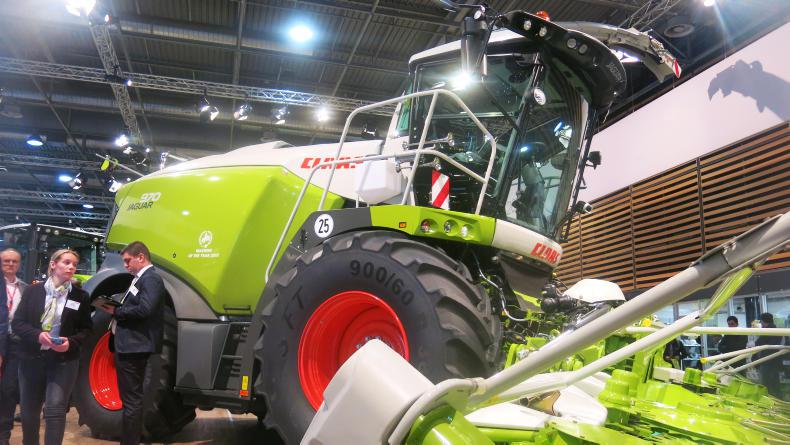The role of the contractor may now be more important than ever in Irish agriculture. The targets in production by the dairy sector particularly are the key drivers of the agricultural industry in Ireland.
All those cows need grass in the field and in the pit or bale. The role of the contractor in completing these tasks will never be more relied upon to deliver a timely efficient service.
Poor-quality grass can cost all year round. The management of the farm in expanding stock numbers may limit the time allowed to carry out farm machinery tasks. With only so many hours in the day, and add in the weather, contractors can provide the labour and management solution.
The big issue in contracting is money. There are not that many service businesses that do not decide on a profit margin before starting work. For the agricultural contractor this should be based on paying a wage, a provision for repairs and renewals, and also a little bit of cash to grow the business.
Farmers and contractors seem to be asset-rich and cash-poor
Going back over old notes from Teagasc, I read a report by Dermot Forristal on machinery costs on Irish tillage farms. In 1995, the cost to plough an acre was €22, while in a survey on contractor prices this year we were quoted rates as low as €30. Is an €8 price hike enough to cover the increased costs of labour and machines? The other question to be asked is was the price in 1995 also too low? The value of land over the same period has risen by 169% to an average price of €10,526.
Farmers and contractors seem to be asset-rich and cash-poor. Diesel prices have soared upwards, with a respite in the last two years, which has seen prices tumble downwards. In our estimation, diesel prices are still 9c/l ahead of the prices paid in 1995 by contractors. This could have been up to 30c in previous years. Insurance premiums are also rising. This year alone has seen price hikes between 20% and 30% for many.
The average price today for a standard 100hp tractor is in the region of €55,000, with higher specifications bringing the price up to potentially €80,000. In 1995, a top-branded 100hp tractor could be bought for around €40,000.
For the contractor, this increase in cost does not really reflect in any additional advantage in the field, other than a marginal improvement in fuel efficiency.
To get the most efficient and technologically advanced machines working in our fields every day, a new approach may be needed. Contractors are the first option for most farmers to reduce machinery outlay costs. Most contractors will have the land base or workload to justify investment in the latest technology. They also need to get a steady stream of return to make payments and develop their business to service farmers.
But is agricultural contracting a realistic business with the prices being charged at the moment?







SHARING OPTIONS